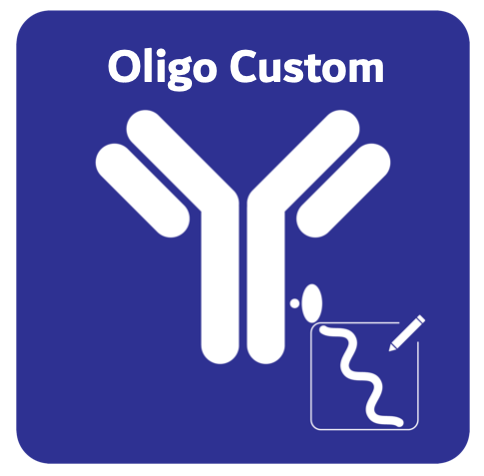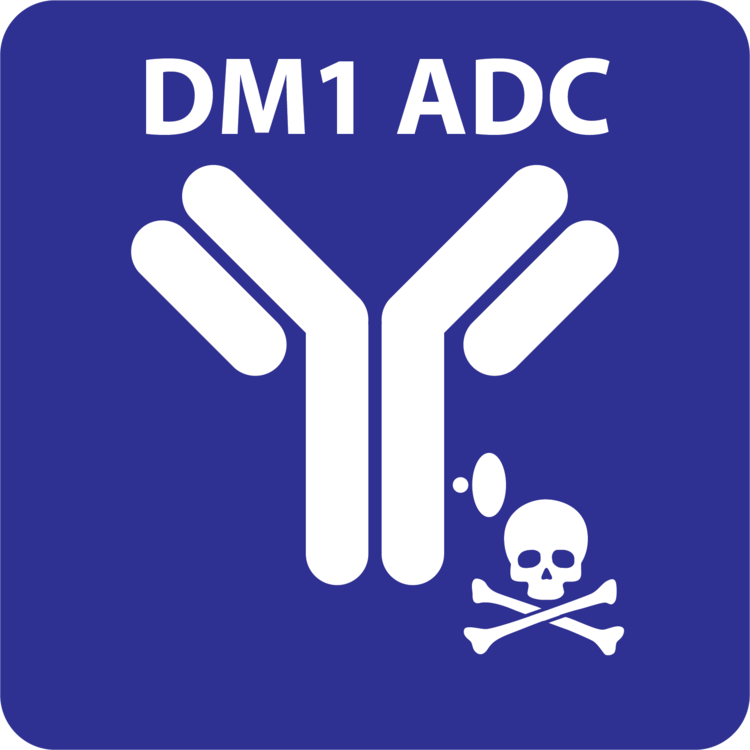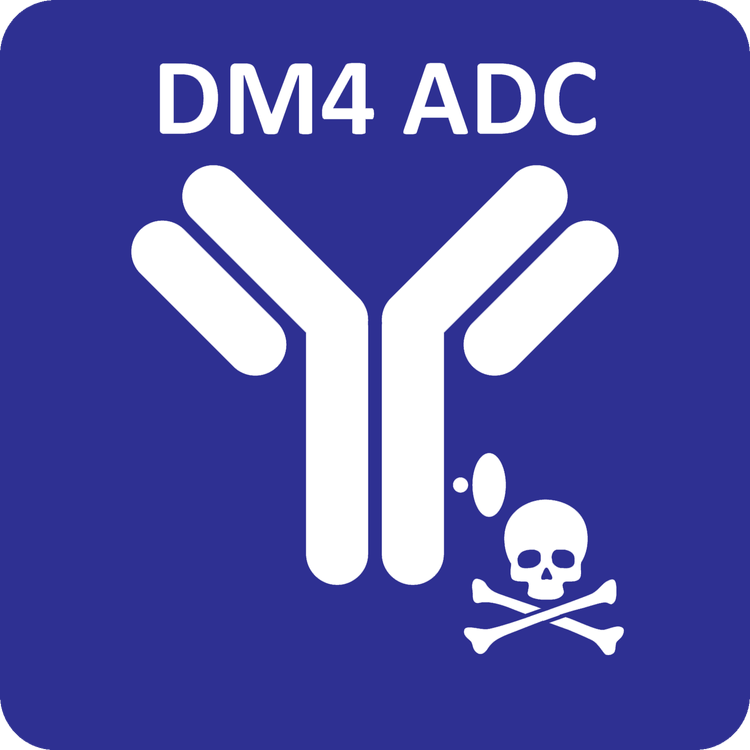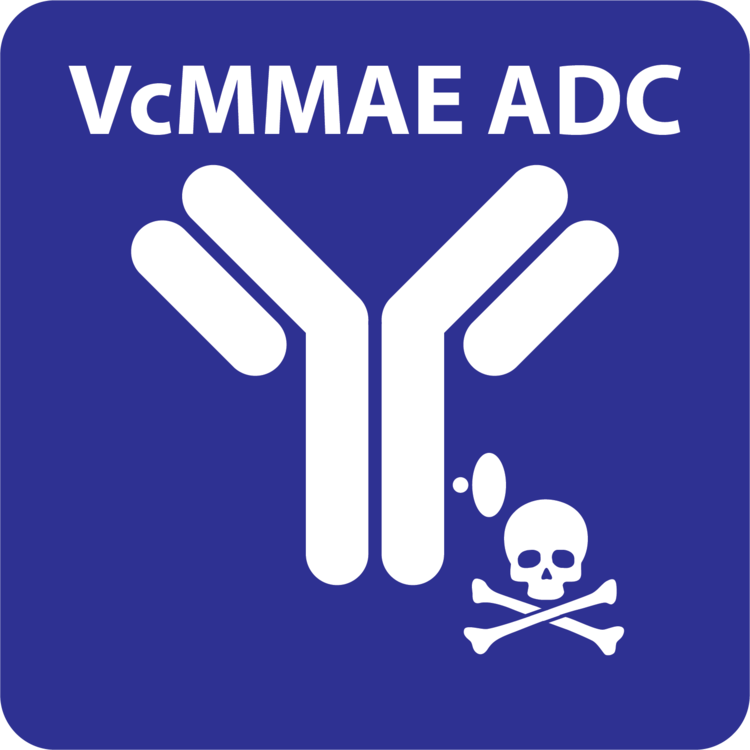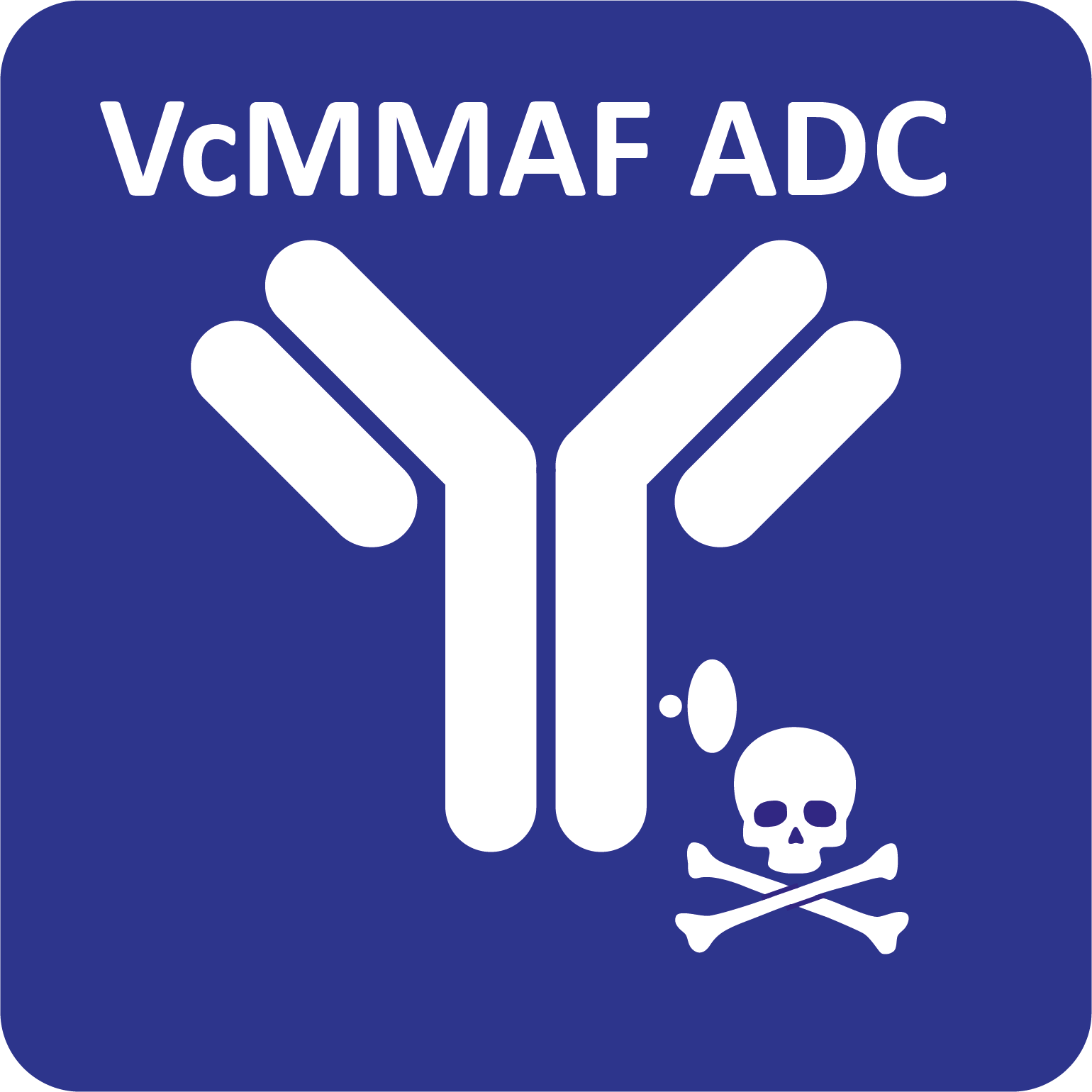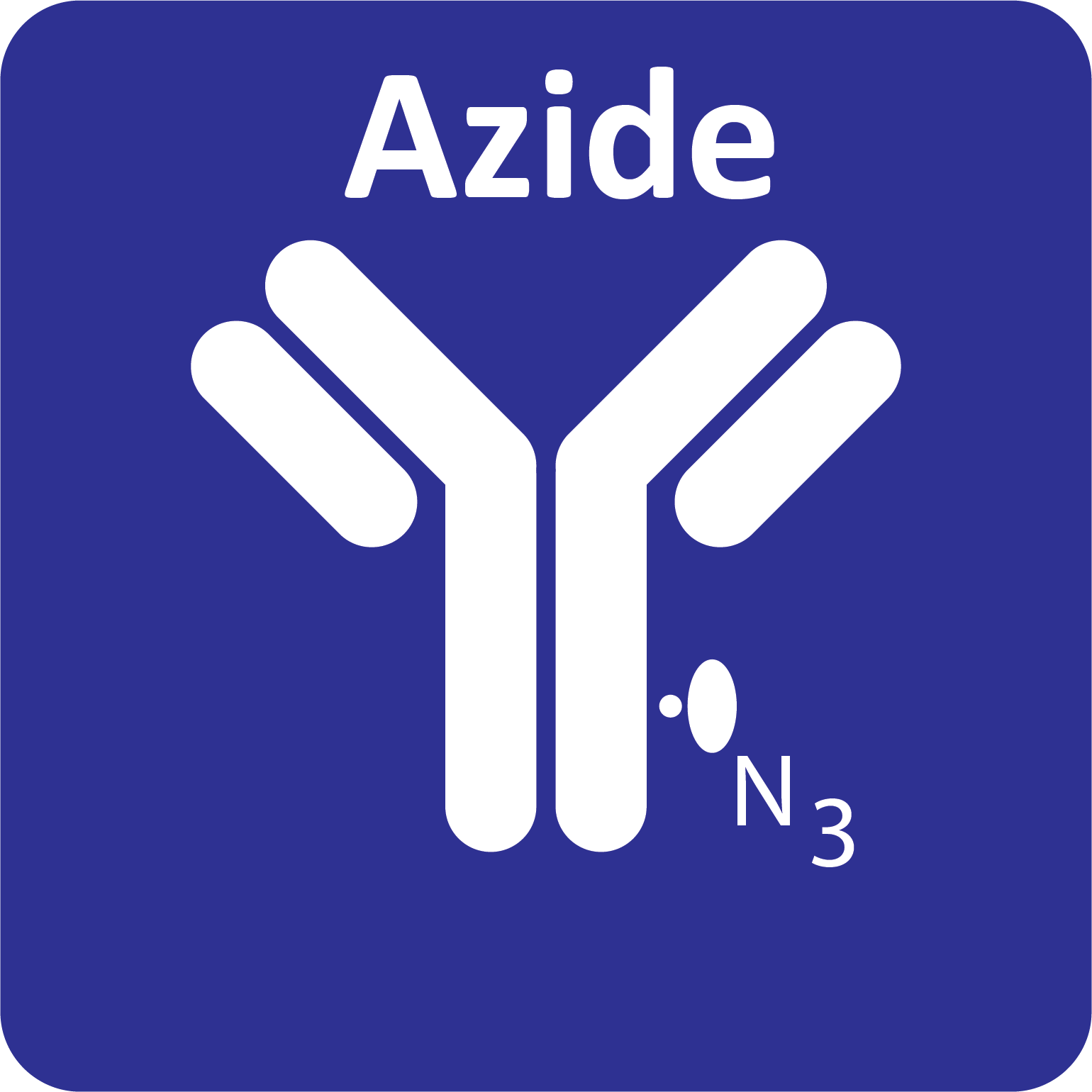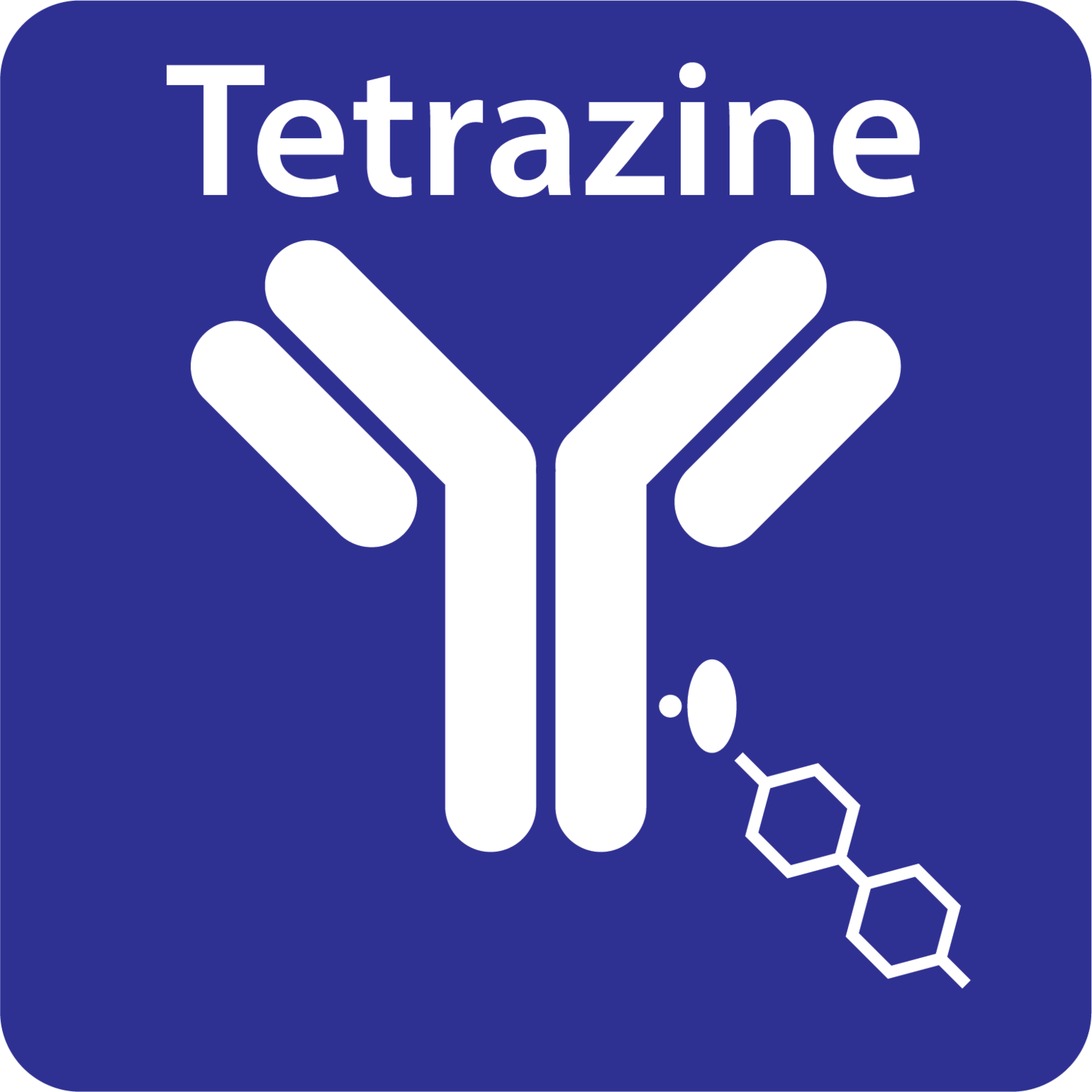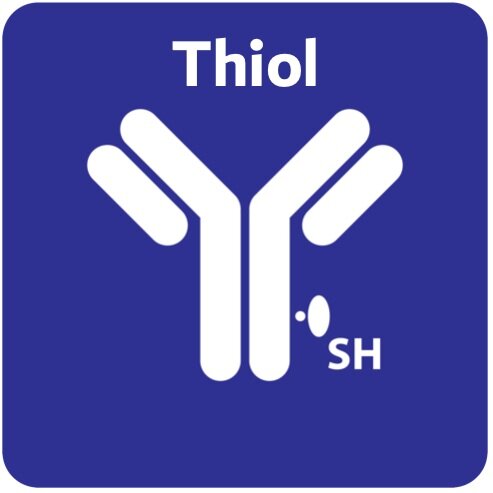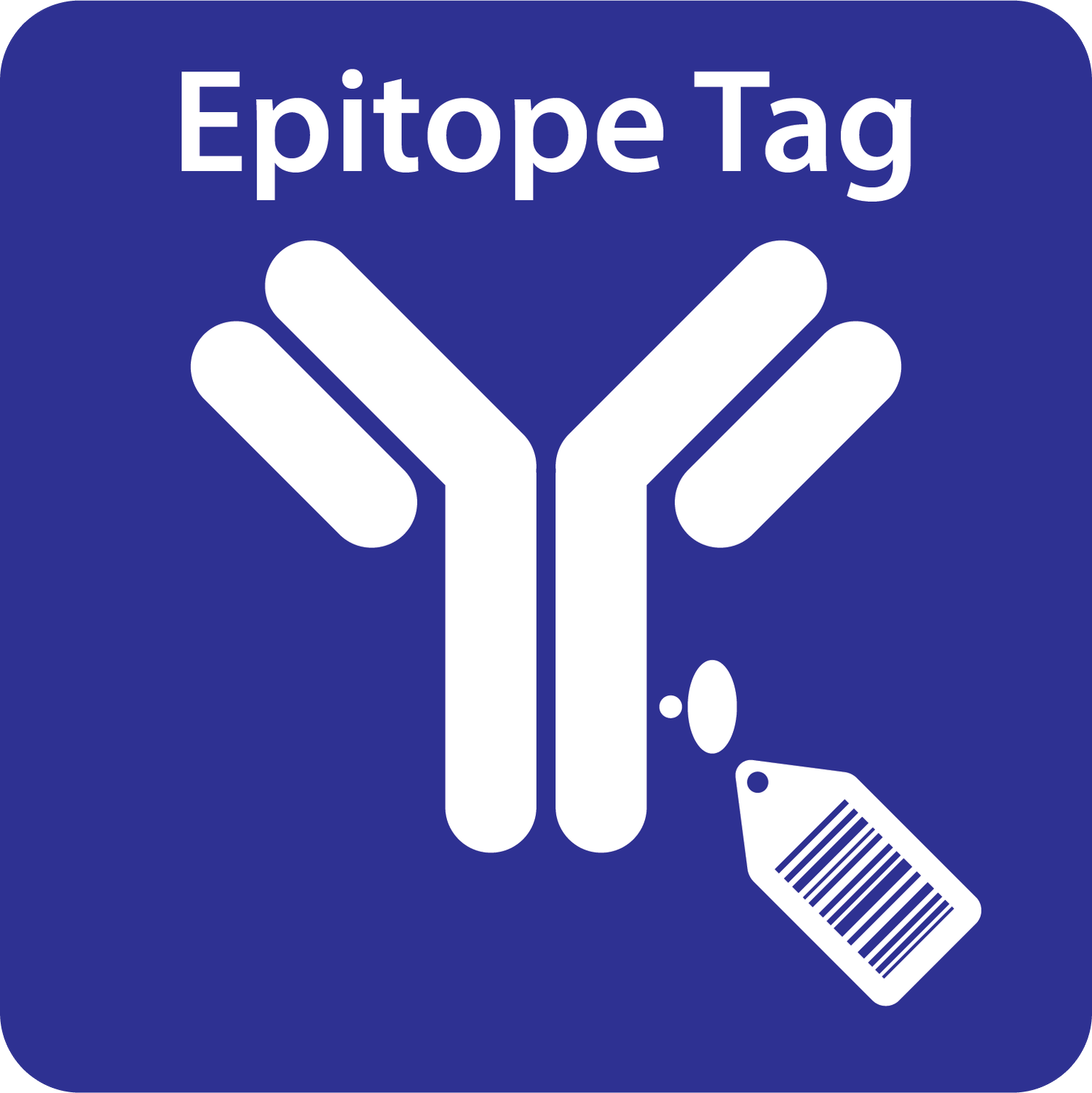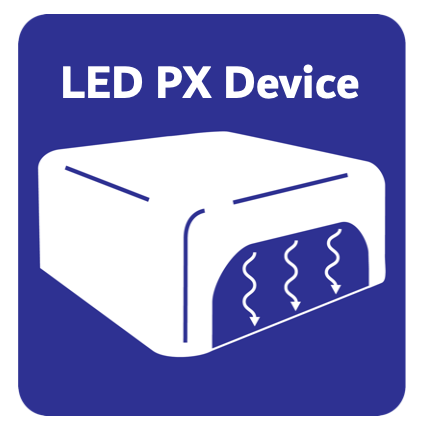Your cart is currently empty!
A: Please check the antibody compatibility table. Note: oYo-Link mIgG1 can be used to label mouse IgG1 antibody. Currently, oYo-Link mIgG1 is only available for certain products. Please check the product webpage. oYo-Link mIgG1 only labels mouse IgG1 and is not compatible with other antibodies.
A: Yes, since oYo-Link specifically bind to the heavy chain of IgG, it works in the presence of both albumin and Tris. oYo-Link is compatible with all common buffers. See the full buffer compatibility table here.
A: With the exception of oYo-Link DBCO, all oYo-Link products are shipped as white or clear pellets and are very stable. While we recommend cold storage, they will not exhibit any loss of activity if left at room temperature for a week. oYo-Link DBCO must be shipped and stored cold (-20°C) immediately upon arrival, otherwise there will be a loss in activity.
A: Yes. If you are interested in our conjugation service, please contact us at support@alphathera.com. For custom conjugation services, you will need to send us your antibody. The conjugation and purification fee depends on the size and specifications of each order. Purification is not required for most applications.
A: For most subclasses and species of antibody, oYo-Link will result in the conjugation of 2 labels per antibody (maximum), one label per heavy chain. For example, ~95% of human IgG and Rabbit IgG will have two labels per antibody. However, there are a few antibodies such as mouse IgG2b and goat IgG, where the conjugation is slightly less efficient. In this case, 60 to 80% of the antibody will be labeled and have a mixture of 0, 1 and 2 labels per antibody. See the antibody conjugation efficiency here.
A: Antibody conjugation can be checked on SDS-PAGE gel. An example is present in the supporting data on each product page.
A: The conjugated and unconjugated antibody binding affinities have been tested via both ELISA and cell binding assays and don’t show any difference.
A: For most immunoassay applications, purification is not necessary. In our standard recommended protocol, the molar ratio of oYo-Link-to-antibody is 5:1. These conditions ensure that the antibody conjugation efficiency reaches its maximum; however there will be a slight excess remaining in your antibody mixture. This is usually removed during immunoassay washing steps. However, if your application requires high antibody-conjugate purity, please contact us for more information on this process and for a detailed protocol.
A: When working with oYo-Link Azide (Catalog #: AT3002) and oYo-Link DBCO (Catalog #: AT3003), it is required to perform the click chemistry coupling reactions with the molecule of interest first, prior to photo-crosslinking to an antibody. This is to avoid UV illumination damage to the click moiety and to avoid diluting oYo-Link prior to the reaction to maximize the reaction efficiency. For oYo-Link Tetrazine (Catalog #: AT3004) and oYo-Link Thiol (Catalog #: AT3001); it is recommended to perform the coupling reaction before photo-crosslinking. This is to avoid diluting oYo-Link prior to the coupling reaction to maximize the reaction efficiency.
A: We recommend working with at least 1 µg of antibody; however, it is possible that even lower amounts of antibody can be labeled.
A: Yes, antibodies can be efficiently labeled even if diluted to concentrations as low as 50 µg/mL.
A: Yes, the cost of the oligonucleotide is included in our price. Please fill in the form with your oligo sequence. All oligos are synthesized by Integrated DNA Technologies. The oligos are HPLC or PAGE grade.
A: No, the antibody-oYo-Link Oligo conjugation is performed under 365nm wavelength which is very safe for the oligo. No degradation or mutation has been found.
A: Our standard pricing applies to oYo-Link Oligos up to a length of 80 nt. The antibody conjugation efficiency is >90% for oligos of all lengths. Information can be found here. Additional information can be found on the Oligo product page here. oYo-Link Oligos longer than 80 nt can also be made, but need to be special ordered. Please contact support@alphathera.com.
A: It usually takes 2-3 weeks from the time of processing the order until shipping the product out.
A: oYo-Link Oligos can be attached to antibodies at either the 5’ or 3’ end. You can specify your preference at the time of ordering. The conjugation efficiency is the same.
A: Yes. If the oligo 5’ end is attached to oYo-Link, then the fluorescent dye can be attached at the 3’ end or vice versa. This will be a special order. Please contact customer support at support@alphathera.com.
A: oYo-Link Oligo is very stable. Heating up to 75°C for 5 mins and cooling down will not affect the antibody conjugation efficiency.
A: Please store the antibody-oYo-Link Oligo conjugate according to the antibody vendor’s recommendation.
A: One strategy to cleave oYo-Link Oligo from the antibody is to insert a restriction enzyme sequence into the oligo sequence. Please note that most digestion enzymes work for dsDNA. oYo-Link Oligo is not UV cleavable.
A: Since RNA oligos are prone to degradation and unstable, we are not currently offering this option; however, oYo-Link Oligos can be made with U’s in the oligo sequence, but it will be on a DNA backbone.
A: Typically, 2500-5000 cells per well is suitable for most cell lines, although this may need to be adjusted for some cell lines.
A: No, it is not necessary to remove unconjugated oYo-Link® drugs prior to adding the oYo-Link®-Antibody sample to cells. Unconjugated oYo-Link® drugs exhibit little to no background cell killing.
A: Most antibody drug conjugates will exhibit an EC50 between 10 pM and 10 nM, 72 to 96 hours after adding the ADC. If weak cell killing is observed at an ADC concentration of 10 nM, then extend the incubation time or increase the ADC concentration up to 200 nM. If this doesn’t result in significant cell killing, it usually indicates that the ADC is not able to effectively kill the selected cell line. You may consider testing alternative cell lines that may be more sensitive to the ADC or a different antibody.
A: Antibody-oYo-Link® drugs can be added 24 hours after seeding cells. Cell cytolysis is typically apparent between 72 and 96 hours after adding the ADCs to cells.
A: The recommended control groups are antibody alone, oYo-Link® drug alone, and isotype control antibody-oYo-Link® drug conjugate.
Yes, our technical support team is available to discuss your project with you. Please contact us here.
Antibodies can be shipped according to the vendor’s instruction to:
AlphaThera Inc.
3401 Grays Ferry Ave
Pennovation Lab Building 250
Philadelphia, PA 19146
Please note that 3-5ug will be used for QC use.
AlphaThera offers a range of cargos, including oligos, drugs), biotin, click chemistry tags, enzymes, epitope tags and fluorescent dyes. To find out more about our full range of labels, click here.
For most subclasses and species of antibody, oYo-Link will result in the conjugation of ~2 labels per antibody; one per heavy chain. For example, ~95% of human IgG and Rabbit IgG will have two labels per antibody. However, there are a few antibodies, such as mouse IgG2b and goat IgG, which may result in slightly less efficient e conjugation. In this case, 60 to 80% of the antibody will be labeled with 1 or 2 labels per antibody. View our antibody conjugation efficiency table here for more information.
For the 1st antibody the fee is $75 plus the cost of reagents. Each additional antibody conjugation is $15. FPLC purification is available for $250 per conjugate.
For oligonucleotides, we can provide labeling between 25ug to 3mg of antibody. For conjugation of all other cargos, we can offer labeling between 100ug to 3mg of antibody. If you require labeling of cargos (with the exception of oligo) to antibody quantities below 100ug, this will be charged at the rate of labeling 100ug.
Antibody samples as dilute as 50 ug/mL are accepted.
Purification of conjugates is available for an additional fee which will be provided upon request. Two types of purification are available:
1. Purification using oYo-Capture Magnetic Beads
2. Size exclusion chromatography; this requires a minimum of 100 ug of antibody.
Upon receipt of your antibody, conjugation and shipping of your conjugates will take 2-3 days. Lead time for oligonucleotide conjugation is 2-3 days (for conjugation without purification) from when we receive the oligo/s from IDT or Genscript.
The QC data for antibody conjugation will be provided as an SDS-PAGE Gel of unconjugated and conjugated antibody. Additional QC data can be provided upon request.


